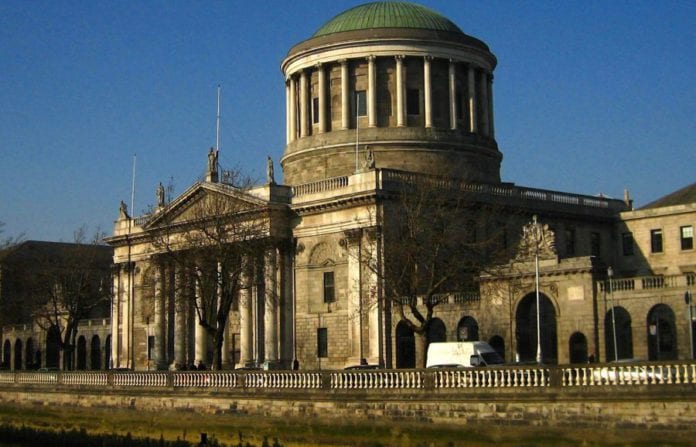The Supreme Court has ordered a fresh hearing to determine if the Minister of Education was acting within his powers when he ended a €12,000 annual allowance paid to a Galway VEC chief executive.
In 2013 the High Court ruled in favour of then chief executive of Galway VEC Seosaimh Mac Donncha and Mayo VEC chief executive Dr. Katie Sweeney that the Minister didn’t have the power under legislation to terminate their allowance.
Mr Justice Gerard Hogan found that the 2001 Vocation Education Committee (Amendment) Act 2001 gave the Minister no power to alter the allowance or other employment terms of chief executives of an education body.
According to the Irish Times the Supreme Court ruled this week that because the issue of the Minister’s power was not specifically argued before the court, his right to fair procedure was breached.
Lawyers for the Minister said that had they been allowed to argue the point to the High Court, they would have won.
This case arose over the government’s plans to dissolve Ireland’s 33 VEC’s and replace them with education and training boards.
At the time both Mr Mac Donncha and Dr Sweeney were on €100,000 annual salaries and claimed that losing their allowance would affect their pension entitlements.
In June 2012 the Minister decided to revoke the Transport Liaison Officers Allowance of the chief executives, which the High Court said was unlawful.
Lawyers for the Department of Education said the decision was proper since the school transport scheme had not been part of the CEO’s duties for almost two years.
But the High Court aid that while the Minister must consent to any changes to the employment terms of chief executives, the decision must come from the VEC, which the court said did not happen here.
Mr Mac Donncha, a former GAA President, has passed away since the time of the High Court ruling.
The Supreme Court noted that while it heard the government’s appeal, Mr Mac Donncha’s estate did not try to reconstitute his case.
When the matter returns to the High Court it will be up to his estate to decide if it wishes to fight the case again.













